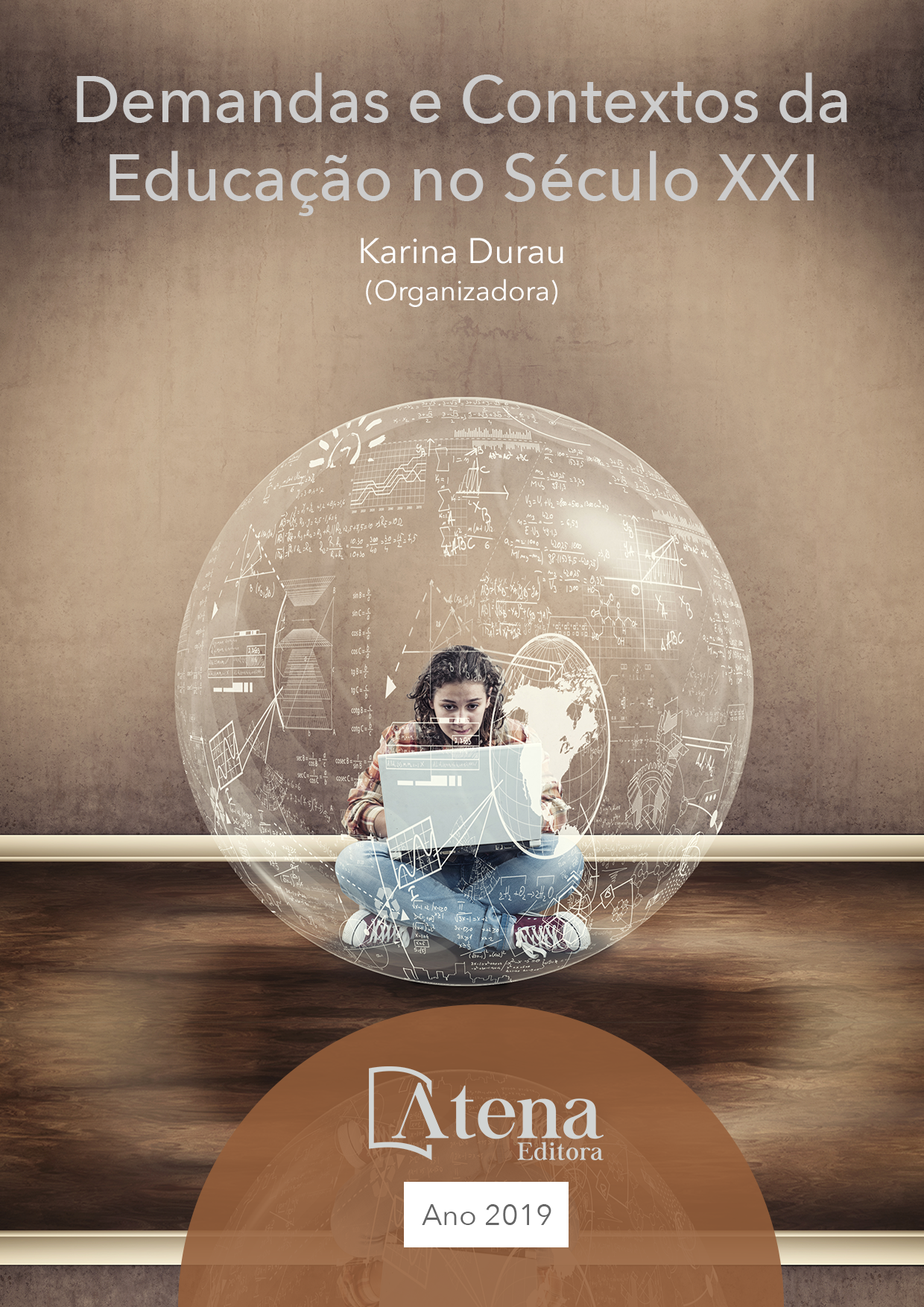
A PERSPECTIVA DISCENTE RELACIONADA AO USO DE DISPOSITIVOS ELETRÔNICOS NO AMBIENTE ACADÊMICO
O ambiente educacional no
mundo contemporâneo, a partir do advento
das Tecnologias Digitais de Informação e
Comunicação (TDICs), vem incorporando de
forma significativa os dispositivos eletrônicos,
móveis ou não, no processo ensinoaprendizagem,
principalmente, por parte dos
discentes, já categorizados no âmbito da
cultura digital como nativos digitais. Este artigo
tem como objetivo apresentar a percepção de
graduandos, do ensino superior tecnológico,
sobre a utilização de dispositivos eletrônicos
no cotidiano acadêmico. Trata-se de um estudo
de campo exploratório-descritivo, de caráter
quantitativo, que contou com a participação
voluntária de 119 graduandos de uma
universidade privada do município de São Paulo,
Brasil. Os resultados evidenciaram que os
graduandos utilizam em larga escala dispositivos
eletrônicos em suas atividades acadêmicas,
sendo o celular do tipo smartphone o principal
aparato tecnológico encontrado no local de
estudo. Os participantes elegem como principal
beneficio dos dispositivos eletrônicos o acesso
a informações em rede e a interconectividade
global e apontam como desvantagens a
possibilidade de dispersão do aluno para o
mundo virtual durante as aulas e o excesso
de informações disponíveis. Os resultados
possibilitam concluir que os dispositivos
eletrônicos são percebidos pelos discentes
como ferramentas tecnológicas que podem
auxiliá-los em suas atividades acadêmicas,
porém a repercussão positiva dessas
ferramentas tecnológicas para a aprendizagem
e produção de conhecimento necessita ser
acompanhada pelo desenvolvimento de
competências informacionais e mediação
pedagógica do docente, caso contrario o seu
uso poderá permanecer na esfera das relações
socioeducativas informais, não permitindo ao
discente desenvolver conhecimento original e
criativo.
A PERSPECTIVA DISCENTE RELACIONADA AO USO DE DISPOSITIVOS ELETRÔNICOS NO AMBIENTE ACADÊMICO
-
DOI: 10.22533/at.ed.82719040221
-
Palavras-chave: Ensino Superior. Tecnologias Educacionais. Tecnologias Digitais da Informação e Comunicação. Aprendizagem.
-
Keywords: Higher Education. Educational Technologies. Digital Information and Communication Technologies. Learning.
-
Abstract:
The educational environment in
the contemporary world, since the advent of
the Digital Information and Communication
Technologies (TDICs), has been incorporating
in a significant way the electronic devices,
mobile or otherwise, in the teaching-learning
process, mainly, already categorized in the field
of digital culture as digital natives. This article
aims to present the perception of undergraduates, of technological higher education,
about the use of electronic devices in academic everyday life. This is an exploratorydescriptive,
quantitative field study that included the voluntary participation of 119
undergraduates from a private university in the city of São Paulo, Brazil. The results
showed that undergraduates use large-scale electronic devices in their academic
activities, the smartphone type being the main technological device found at the study
site. Participants elect as the main benefit of electronic devices access to network
information and global interconnectivity and point to disadvantages the possibility of
student dispersion to the virtual world during classes and the excess of information
available. The results make it possible to conclude that electronic devices are perceived
by students as technological tools that can help them in their academic activities, but
the positive repercussion of these technological tools for the learning and production
of knowledge needs to be accompanied by the development of informational skills and
pedagogical mediation otherwise, their use may remain in the sphere of informal socioeducational
relationships, not allowing the student to develop original and creative
knowledge.
-
Número de páginas: 15
- Carla Oliveira Dias


